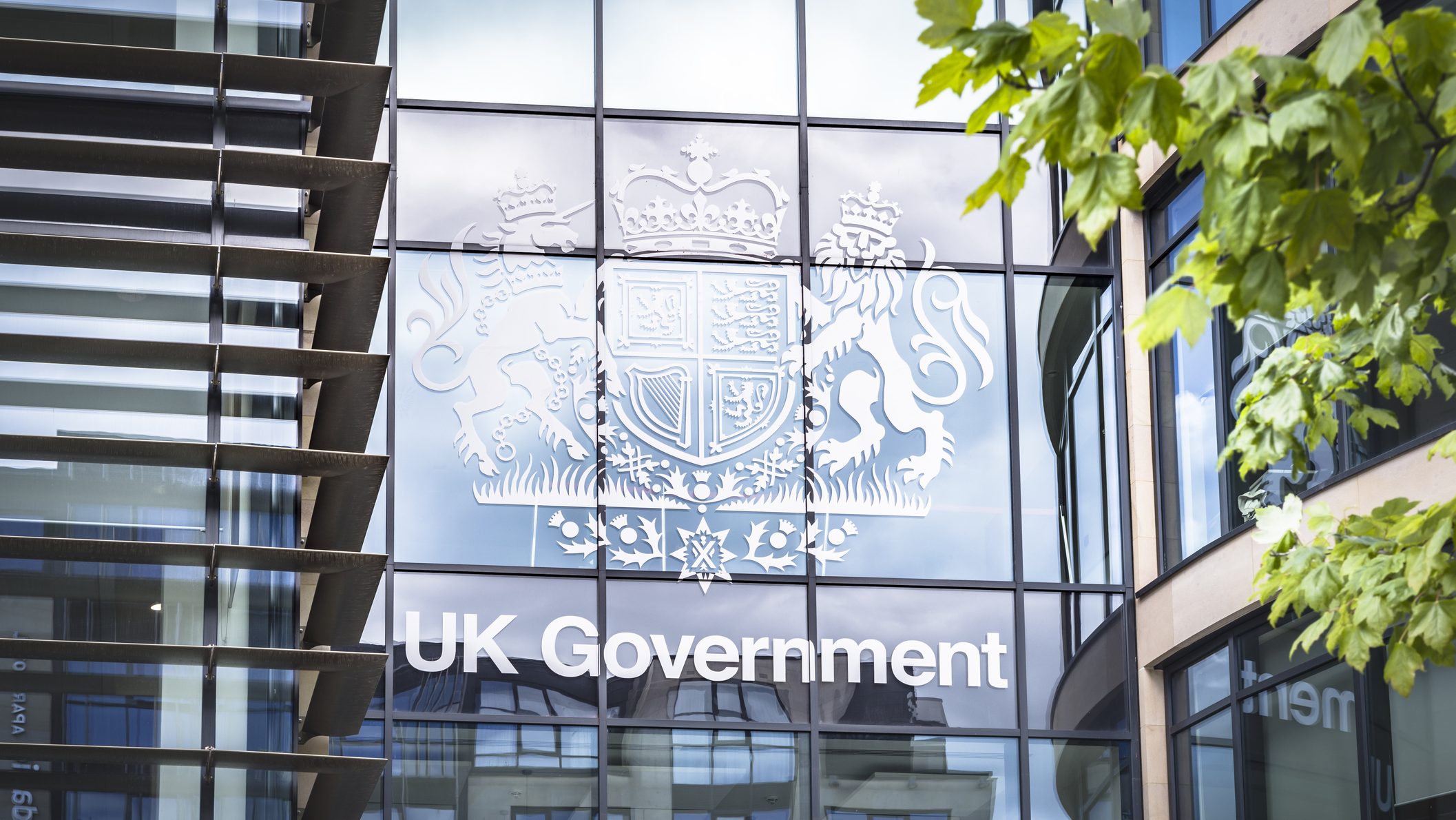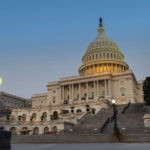The FTC Doesn’t Want Booksellers Talking Competition in Its Amazon Case

A recent motion by booksellers in the Federal Trade Commission’s (FTC) quixotic monopolization case against Amazon highlighted the contradictions in the agency’s case against the popular retailer. The FTC responded by asking the court to keep booksellers out of the case. Though both the FTC and American Booksellers Association (ABA) take issue with Amazon, the agency doesn’t want booksellers undermining its peculiar antitrust theory. Whereas booksellers contend Amazon’s prices are unfairly low, the FTC claims Amazon drives prices up.
One of the key discrepancies between the ABA’s claims and those of the FTC pertains to one of the most controversial points of the lawsuit: the agency’s artificially narrow market definition. The ABA is claiming that many bookstores, both online and brick-and-mortar, also compete in the same market as Amazon. And they are right.
The FTC, by contrast, coined two implausible “relevant markets” to sustain its claim: “online superstores” and “online marketplace services,” which fly in the face of obvious evidence that there is robust competition between brick-&-mortar retailers and online retailers, a fact embedded in the growing trend toward “omnichannel” commerce. Online and in-person retail prices directly relate to each other – demonstrating how these divisions no longer exist for consumers and how the retail market operates in the economy. Booksellers, as well as other retailers, constantly compete with Amazon, which makes the FTC’s market definition implausible. The ABA’s motion reinforces that retail is an omnichannel market in which both online and brick-and-mortar stores compete with each other.
The FTC also claimed in its complaint that Amazon forced prices to stay high. For this, the company allegedly uses its ‘market power’ to block retailers, including booksellers, from selling at lower prices, and as a result drives the price of books and other goods to high levels. However, the ABA is now claiming that Amazon uses this leverage to sell books at lower prices and force booksellers across the U.S. to also lower their prices, harming their bottom line.
There is a clear contradiction here between the FTC and the ABA. If Amazon allegedly increased prices in the market, it could not simultaneously sell at low prices and force other retailers to do the same. Either the price is being increased, or it is being decreased. These situations cannot occur concurrently. So which is right, the FTC or the ABA? The answer is neither. Both are wrong, for different reasons.
The FTC is wrong because competition in digital markets is as fierce as it has ever been, benefiting consumers with lower prices and incentivizing innovation. In fact, litigation by the DC AG that advanced arguments about Amazon pricing similar to those raised by the FTC has already failed. Amazon’s policies are not only a common business practice in the retail industry, but they incentivize robust competition between sellers and provide consumers with low prices for attractive offerings.
As for the booksellers’ arguments, they are half-true. Amazon does strive to offer the lowest prices: that is competition at work. Bookstore competitors determine their own prices, and despite what the ABA’s motion in the FTC case claims, booksellers are competing with other retail options both online and offline. This is borne out by their own data: the ABA’s membership has risen 34% since 2020; 173 new bookstores opened in 2022. Since 2020, independent bookstores have seen a 580% increase in sales and over $200 million in online revenue. Against the organization’s own data, the ABA’s pricing claims do not hold water.
More broadly, the latest round of motions in the FTC’s case illustrates the factual and legal weaknesses of the agency’s position. It underscores the concern that the FTC’s case has nothing to do with promoting competition; rather, it seems to focus on promoting specific competitors, and, as a result, only a handful of companies — not consumers — stand to benefit from it.
The cornerstone of U.S. antitrust enforcement should be the promotion of competition in the marketplace, and in turn, consumers’ welfare. The FTC’s suit against Amazon will not achieve this, with consumers’ interests suffering collateral damage in the form of fewer products, higher prices, and reduced options across retail.








